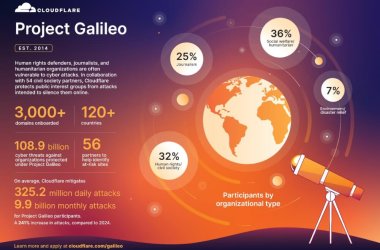 The Internet can promote the literacy development of young adults, according to a study by Dr Jen Scott Curwood from the University of Sydney.
The Internet can promote the literacy development of young adults, according to a study by Dr Jen Scott Curwood from the University of Sydney.
The ongoing study, which interviewed teenagers aged 13 to 17 from Australia, Canada and the United States, found that the Web — in moderation — could be an effective tool in fostering literacy skills amongst youths.
“While there is unquestionably a need for parents to balance their child’s internet time with other activities, the Internet can be a powerful educational tool,” said Curwood from the university’s faculty of education and social work in a statement.
“Evidence suggests that when young people meaningfully engage with online content, it supports the acquisition of critical literacy skills.”
Curwood analysed the participation of teenagers in fan-created sites of young adult literature, such as Mockingjay.net, ThePotterGames.net and HungerGamesTrilogy.net.
“Young people fall in love with these books and seek out other fans online,” she said.
“In their own time they write Hunger Games-inspired fiction, create art, produce videos, compose music, and design role-playing games.
“These digital literacy practices are valuable in their own right, but they also support young people’s engagement with print-based literature,” she added.
Curwood suggested that parents support their teen’s literacy development through popular books, such as those listed on the Children’s Book Council of Australia Awards and the American Library Association’s Alex Award and Printz Award.
“Many young adults are inspired to write fan fiction based on their favorite books, television shows, and films. FanFiction.net is a popular example of this,” Curwood said.
In November 2011, a study found that Aussie kids were among the earliest and prolific users of the Internet globally.
Australian children were on average less than eight years old when they started going online, with 76% of Australian kids and young teenagers reportedly surfing the Web for an average time of 1.5 hours per day.





